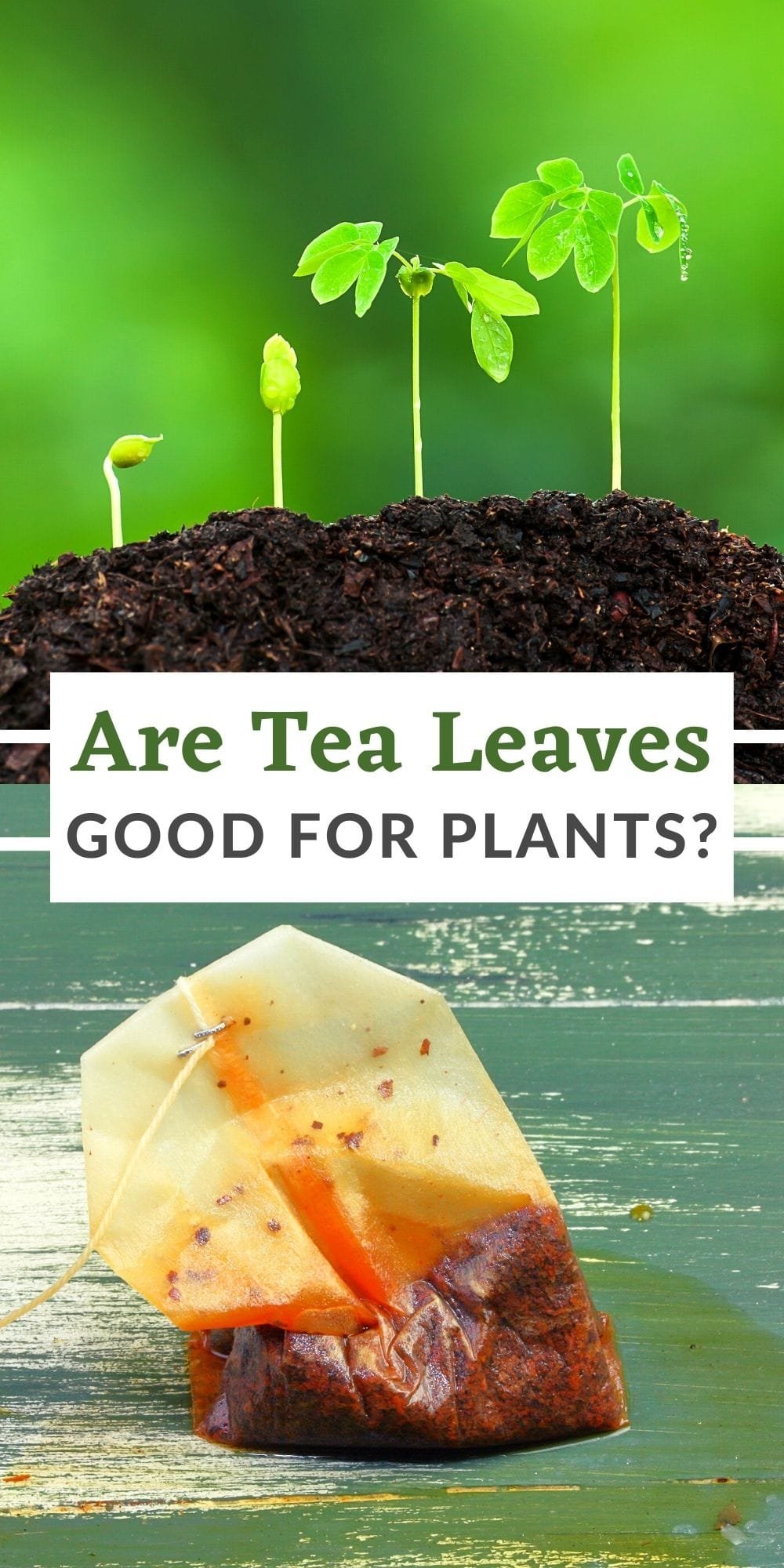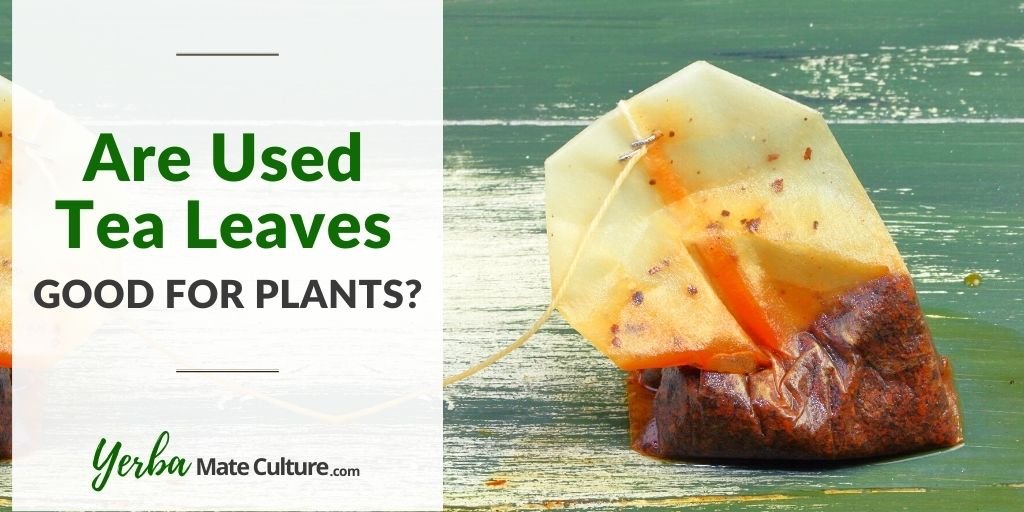Can tea leaves help you get a green thumb?
You may have seen posts about people using tea leaves to get plant and flower gardens growing “magically” greener and stronger than ever before.
However, you might be skeptical about using tea for gardening if you’ve fallen for gardening hacks in the past that didn’t brew any results. The good news is that there’s plenty of information based on experience and research to help you make sense of these claims.
Take a look at what aspiring gardeners need to know about using tea leaves to make your garden flourish.
Tea Leaves for Garden Plants – Is It a Good Idea?
Yes! Using tea leaves for garden plants is a household hack everyone should know about.
In fact, this can be a great way to repurpose waste if you’re looking to build up a more environmentally friendly household. Both bagged and loose-leaf tea grounds can make excellent fertilizers.
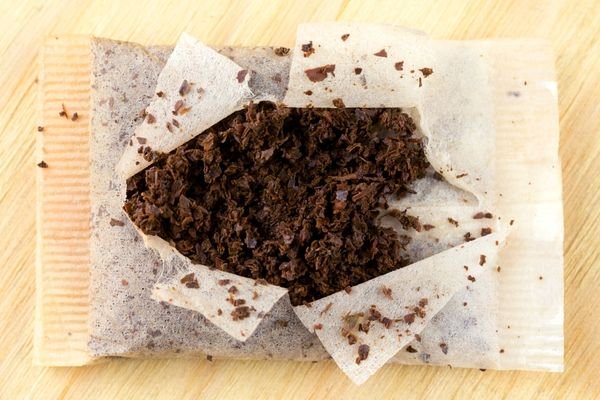
However, pouring pitcher after pitcher of tea into your garden isn’t the only way to get a good harvest percolating. There’s a right way to do this!
The Nutrients in Tea – What Makes It Such a Great Companion for Plants?
Used tea leaves can be added to compost or directly in soil, which helps boost nitrogen levels.
Nitrogen is the most important component in plant growth and plays a critical role in ensuring that energy is available.
Tea leaves can also help break down other things you have added to the compost and encourage decomposing bacteria.
Tea grounds are full of nutrients, antioxidants, and minerals that are all known to be great for humans. It turns out they’re also great for the soil.
As tea leaves decompose, they help to immprove soil quality in a way that increases activity levels among the important earthworms and microorganisms. Tea grounds have been known to improve oxygenation leading to healthier plants.
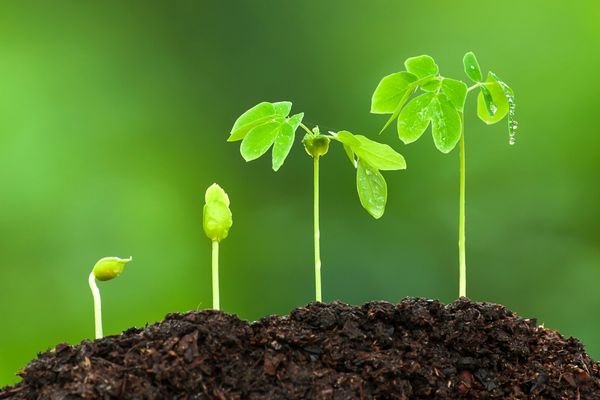
How to Use Tea Leaves in Your Garden
So how exactly do you use tea leaves to make plants grow better?
Here are a few good ideas:
Compost
The most common method is to add tea leaves into compost instead of placing them directly into the soil. In fact, steeped tea is seen as being especially good for helping compost collections to maintain moisture levels.
This speeds up decomposition rates for better output. Using tea in your compost allows plants to benefit from tea without worries about the compounds in tea negatively impacting a plant’s growth in any way.
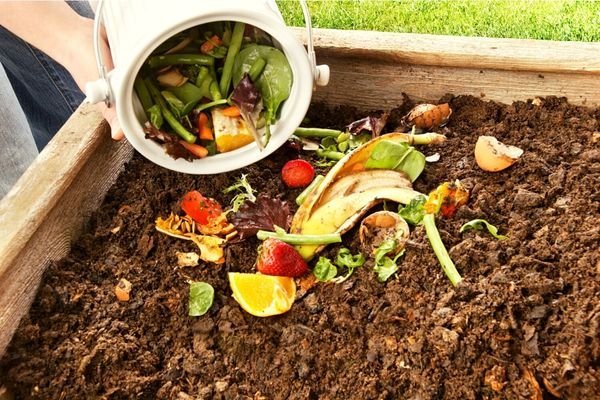
If you’re using a tea bag to add tea leaves to your compost or soil, cut open the bag to obtain the loose tea first.
It’s not recommended to add the bags into the compost because they might contain plastic. And even if you have plastic-free tea bags they might decompose very slowly.
Mulch
You can apply used tea leaves directly as a mulch by spreading them on top of the soil all around the plants.
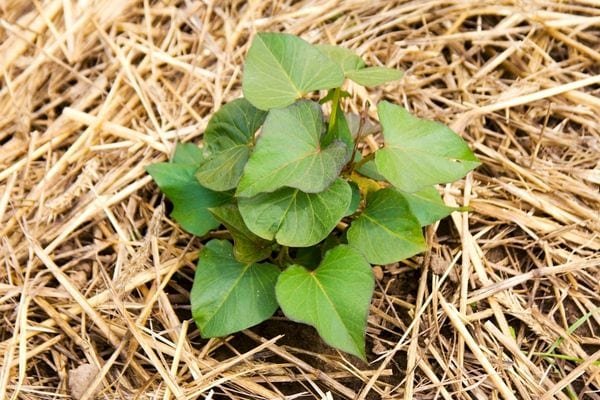
This will prevent weeds from growing. It will also reduce the amount of water that evaporates from your soil reducing the need for watering.
Antifungal
Some gardeners also swear by the practice of spraying cold tea on plant leaves to keep them safe from fungal diseases.
Green tea, black tea, cinnamon tea, chamomile tea, peppermint tea, ginger tea, and licorice tea have all been found to have antifungal properties.
Insect and Rodent Repellant
Used tea leaves can act like insect and rodent repellent in your garden.
While scattering leaves is an easy solution for keeping bugs away, many people also fill spray bottles with cooled tea for a natural insect repellent. Rodents are especially turned off by peppermint tea.
Another smart garden hack to know about is that the smell of burnt tea leaves actually repels mosquitoes.
Which Plants Like Tea Leaves?
Tea leaves can be a bit “hit or miss” when it comes to different plant varieties.
Keep in mind that the acidity of some tea leaves means that adding them to the soil will generally make it more acidic. That means that giving plants the “tea treatment” is smarter when cultivating plants that like acidic soil.
So when thinking about the plant’s pH requirements and fertilizer recommendations, the acidity of the tea should be considered. For example, green tea is not acidic while black tea usually has a pH value between 5 and 5.5, and thus, it’s acidic.
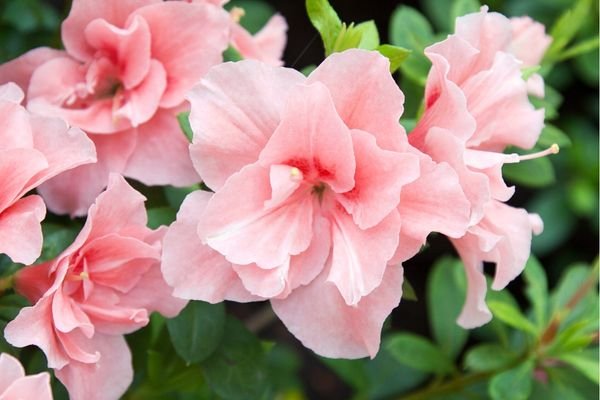
The good news is that many plants that produce flowers and fruit do beautifully with a little tea time.
The list of plants that like tea leaves includes:
- African violets
- Azaleas
- Begonias
- Blueberry
- Daffodils
- Ferns (except maidenhair fern)
- Roses
- Rhubarb
- Tomato plants
- Spider plants
There are also many other plants that can benefit from tea leaves.
Some plants are known to have aversions to tea leaves. This list of plants that don’t like tea leaves includes marigolds, sunflowers, daisies, and peonies.
Tea Leaves for Plants FAQ
Is Green Tea Good for Plants?
Yes, green tea is good for plants because it contains plenty of nitrogen, which is important for your plants’ growth. Green tea leaves are also rich in phosphorus and potassium needed for the healthy development of flowers, fruits, and root systems.
In addition, green tea is not acidic, so it’s less likely to have any negative effects on plants that don’t like acidic soil.
Can I Water Plants with Tea?
Yes, you can water your plants with tea and have similar benefits as using tea leaves in the soil.
There are two ways to do this:
- Soak used tea bags or tea leaves in water for a few days and then water plants with it.
- Brew some tea as you would normally and then use the leftovers, or all of it, to water your plants.
Never use hot tea on plants. Always let it cool down for at least a few hours before pouring over the plants.
Are Tea Bags Good for Plants?
The tea grounds inside the tea bags are good for plants and can be used in many ways as described in this guide.
However, I don’t necessarily recommend using the bags. You can try composting the teabags if you know what you’re doing but it might be a slow process depending on the material of the tea bags.
Even if the bags are biodegradable, it can still take several months for them to turn into soil.
If you decide to compost your tea bags or mix them into the soil, make sure that they don’t contain any plastic (even plastic glue) and remove any staples.
Final Thoughts – Should You Be Using Tea in Your Garden?
There’s no reason why you shouldn’t consider repurposing old tea leaves and bags if you’re a routine tea drinker. Many gardeners around the world use gardening hacks involving tea to do everything from increasing compost output to warding off insects, rodents, and fungus.
One great idea is to grow your own herbs, use them for making your own healthy infusions, and then put the used herbal tea into the compost to return the nutrients to your garden soil.
You can make tea with fresh herbs or use a food dehydrator to preserve and store them for later.
Always make sure to do your homework before treating any prized plant with tea.
While most acid-loving plants will thrive with a little tea, it’s still necessary to do some plant-specific research to ensure the ingredients in the tea will not harm your plants.
Save on Pinterest:
